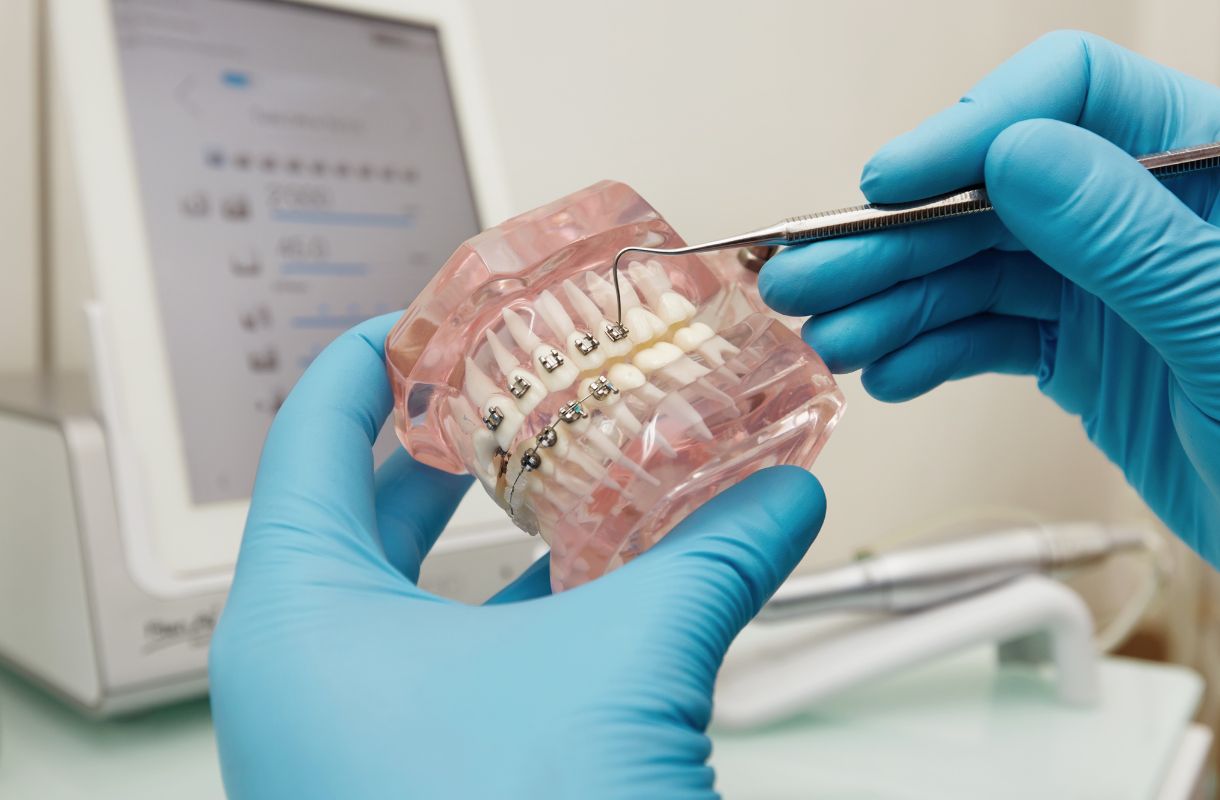What is
Habit counseling?
Thumb sucking and pacifier use are common habits among young children, providing comfort and a sense of security. However, these habits can impact oral health and development if they persist beyond a certain age.
At Smiline, we offer comprehensive habit counseling to help parents and children address these behaviors effectively.
Understanding Thumb Sucking and Pacifier Use
Thumb sucking and pacifier use are both normal and comforting for babies, but they can have different effects on a child’s development:
Normal Development
Thumb sucking and pacifier use are natural reflexes that often begin before birth. These habits serve important self-soothing functions for infants and young children, helping them feel secure and calm.
When Habits Become Problematic
While these habits are normal in early childhood, they can become problematic if they persist beyond age 3-4. Prolonged thumb sucking or pacifier use can lead to dental and speech issues.
Impact on Oral Health
Thumb sucking and pacifier use can have a number of negative effects on a child’s oral health, including:
Dental Concerns
Persistent thumb sucking or pacifier use can affect the alignment of teeth and the shape of the jaw. Common issues include:
- Misaligned teeth
- Open bite (where front teeth don’t meet when the mouth is closed)
- Overbite
- Changes in palate shape
At Smiline, our experienced pediatric dentists can assess the impact of these habits on your child’s oral health and provide tailored advice.
Speech Development
Prolonged thumb sucking or pacifier use can potentially affect speech development. It may interfere with proper tongue placement and movement, leading to difficulties in pronouncing certain sounds.
When to Intervene
When to intervene on thumb sucking and pacifier use depends on the child’s age and how the habit affects their teeth and mouth:
Age-Appropriate Guidance
Most children naturally stop thumb sucking or using pacifiers between ages 2 and 4. However, if the habit persists beyond age 4, it’s advisable to seek professional guidance.
Signs of Dental Impact
If you notice changes in your child’s bite or tooth alignment, it’s important to consult a dentist. Early intervention can prevent more serious dental issues later on.
Habit Counseling Strategies
At Smiline, we offer comprehensive habit counseling to help children and parents address thumb sucking and pacifier use. Our approach includes:
1. Positive Reinforcement
Encourage and praise your child when they don’t engage in the habit. Positive reinforcement can be a powerful tool in breaking these habits.
2. Alternative Comfort Methods
Help your child find other ways to self-soothe, such as cuddling a favorite toy or practicing deep breathing exercises.
3. Gradual Reduction
For pacifier use, gradually reduce the times when the pacifier is allowed. This can help ease the transition away from pacifier dependence.
4. Addressing Underlying Causes
Sometimes, thumb sucking or pacifier use may be a response to stress or anxiety. Identifying and addressing these underlying issues can be crucial in breaking the habit.
Professional Interventions
There are a number of professional interventions for thumb sucking, including:
1. Dental Appliances
In some cases, dental appliances may be recommended to help break the habit. These can include special thumb guards or palatal cribs that make thumb sucking less satisfying.
2. Behavioral Therapy
For persistent habits, behavioral therapy techniques may be employed. These can include reward systems or cognitive-behavioral approaches tailored to the child’s age and understanding.
3. Parent Education and Support
At Smiline, we believe in empowering parents with knowledge and strategies to support their children. Our habit counseling services include:
4. Educational Resources
We provide parents with information about the impacts of thumb sucking and pacifier use, as well as strategies for addressing these habits at home.
5. Ongoing Support
Our team is available to provide ongoing support and advice as you work with your child to break these habits.
Preventive Care
Let’s have a closer look at preventive care:
1.Regular Dental Check-ups
Regular dental visits allow for early detection of any dental issues related to thumb sucking or pacifier use. At Smiline, we recommend bi-annual check-ups for children.
2.Oral Hygiene Education
We provide age-appropriate oral hygiene education to help children develop good dental care habits from an early age.
FAQs
Can thumb sucking or pacifier use affect my child's speech development?
Yes, prolonged thumb sucking or pacifier use can affect speech development. It may alter the way the tongue and lips move, making it challenging to pronounce certain sounds and words correctly.
Are there any dental appliances that can help stop thumb sucking?
Yes, there are dental appliances designed to discourage thumb sucking. These are custom-made to fit your child’s mouth comfortably and serve as a physical reminder to stop the habit. Consult with a pediatric dentist or orthodontist about these options.
How can I help my child cope with stress or anxiety without resorting to thumb sucking?
Provide alternative comfort strategies such as cuddling, deep breathing exercises, or using a favorite toy. It’s important to address the underlying emotional needs while helping your child break the habit.
Is it normal for a child to regress to thumb sucking during times of stress?
Yes, it’s not uncommon for children to temporarily return to thumb sucking during stressful periods. However, it’s important to help them develop other coping mechanisms over time.
Can thumb sucking or pacifier use lead to oral hygiene issues?
Yes, these habits can introduce harmful bacteria into the mouth, potentially leading to dental decay and gum problems. They can also make proper oral hygiene more challenging.
How can I make the transition away from pacifier use easier for my child?
Gradually limit pacifier use to specific times (like bedtime), read books about giving up pacifiers, and consider using positive reinforcement techniques like reward charts to encourage progress.
Pediatric Dentistry
Get In Touch With Us
Call us
+91 9676100045 - Punjagutta
+91 7702425551 - Hitech City
+91 7702425551 - Hitech City
Email us
reception@smiline.com
Book An Appointment
Book a visit to Smiline, simply fill out the form below and we will contact you back regarding the intervention you require.



